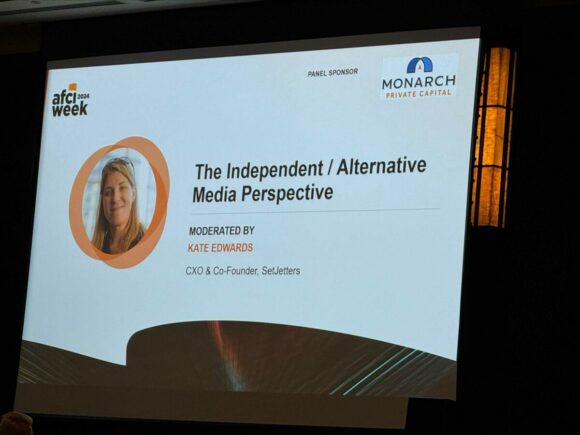Film Financing with Debt and Tax Credits
Excerpt from Forbes article by Schuyler Moore
State Tax Credits
One important source of gap financing is the use of state tax credits for film production. These state tax credits come in two basic flavors: those that are assignable and those that aren’t. The assignable tax credits can be sold to third parties, and an entire industry has evolved around brokering these tax credits. For the non-assignable tax credits, the state typically refunds the production company the amount of the credit that is not offset against the production company’s state tax liability. The non-assignable tax credits are much more difficult to monetize; generally the production company must seek a loan from a third party secured by the potential tax refund. It is difficult, although not impossible, for lenders to obtain direct payment of the tax refunds, so assignable tax credits are far preferable to non-assignable ones.
While all state laws are different, the basic premise is to permit a tax credit for costs incurred in the state. Not surprisingly, producers attempt to classify as much costs as possible as being incurred in the state, including many costs that are difficult to source to any particular location, such as completion bond fees, financing costs, and overhead. The real benefit occurs when the state permits payments to actors, the director, and producers to qualify. Some states limit the amount of annual tax credits they permit, which drastically reduces the attractiveness of shooting in those states, since the producer may not be assured of if and when it will obtain the benefit of the tax credit. In the nascent days of these tax credits, production companies could sell or borrow against the tax credits for approximately 70-75% of the tax credits. Through increased competition, this percentage gradually crept up to 90% for credits that are payable within one year.
California is one of the states offering assignable tax credits, but it is almost worthless for independent films for the following reasons:
- The total amount of credits is capped each year at under $12 million for all independent films.
- The credit is granted based on where the applicants rank on the “Jobs Ratio,” which is the ratio of below-the-line compensation to be paid in California compared to the total credit. For independent films, there is no adverse consequence if the estimate turns out to be up to 30% too high, so producers that are overly optimistic will have an edge in the queue. This criterion also throws some oddities into the selection process, since films that spend more on props, such as period pieces and special effects films, are less likely to get any credit.
- The credit only applies to below-the-line costs (i.e., excluding payments to actors, producers, directors, and writers), while many other states apply their credit to all costs. This factor alone has the impact of reducing the nominal 25% credit to as little as half of that, depending on the above-the-line costs.
- Principal photography must commence during a window of 180 days after granting of the initial application. This restriction makes production difficult as a practical matter, since locations, actor availability, and other details often must be locked down more than 180 days in advance of principal photography.
- The credit can only be assigned once, so it will not be possible to have a broker buy and then sell the credit. It will either have to be sold once to the ultimate buyer or will have to be financed in the interim with a discounted loan.
Read the full article.
Related Posts

AFCI Week 2024
Aug 27, 2024
Monarch Private Capital was proud panel sponsor at AFCI | Association of Film Commissioners International Week 2024! We were excited to support and sponsor the “Independent/Alternative Media Perspective” panel today, […]

Marco Cordova Earns the IPT™ 2017 Credits and Incentives Article of the Year Award
Jul 19, 2017
Monarch Private Capitals Director of West Coast Tax Credit Investments honored by peer association for article addressing economic incentives for film and television Los Angeles, CA (July 19, 2017) — Monarch […]

Lights. Camera. America! Panel – Monarch Private Capital & Film USA Panel During Sundance 2025
Feb 4, 2025
We are pleased to present the full recording of our “Lights. Camera. America!” panel discussion, an event that took place during the 2025 Sundance Film Festival. This timely conversation addresses […]